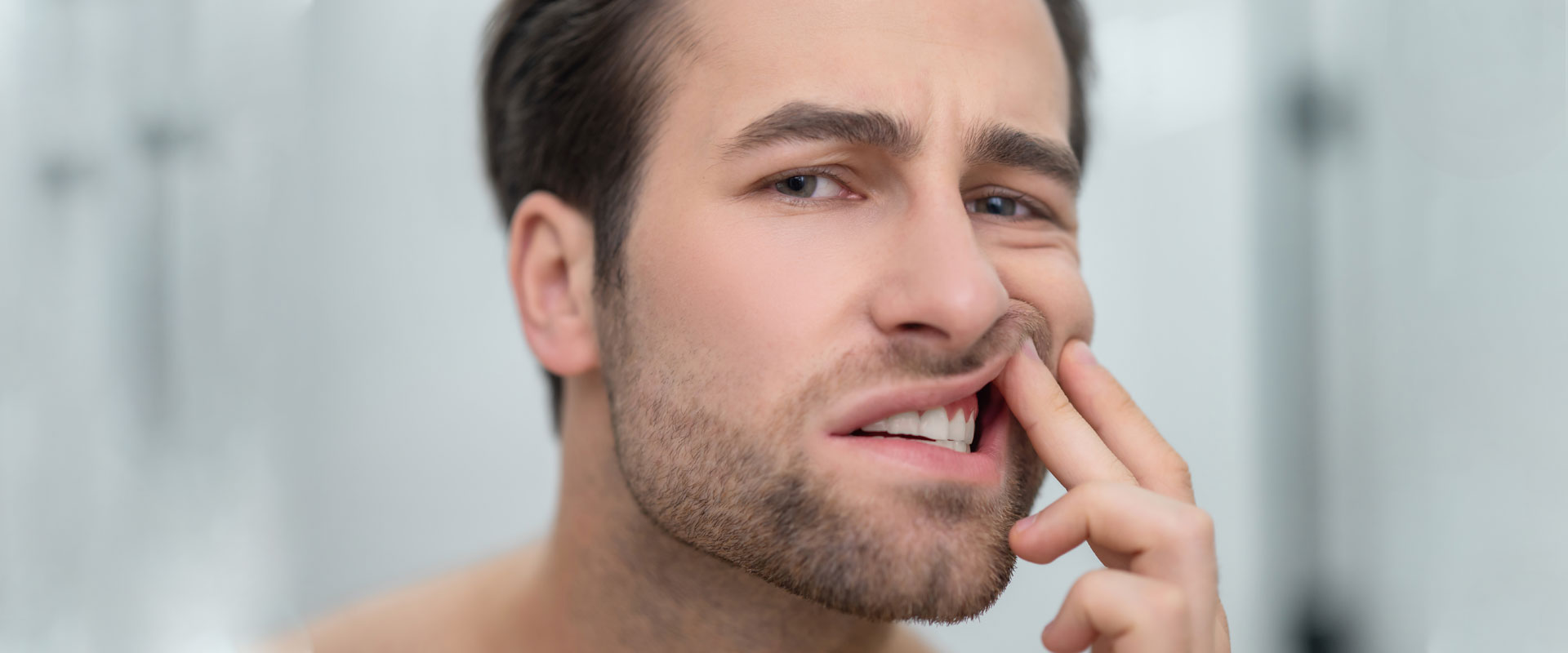You no doubt know that periodontal disease (the infection of the gums that can reach the jawbone and cause teeth to fall out) has great implications for your overall health. Studies have shown that if your gums are infected, this significantly raises your risk of cardiovascular disease, diabetes, cancer, and even Alzheimer’s.
What you may not know is that keeping your oral health in top-top shape can also protect you from COVID-19 and other viral and bacterial diseases. The reason is that any infection results in an alert to the brain that this area is “inflamed.” An inflammation is an area that is swollen, red, hot, or painful and may even have lost its function. The fire bell rings, the firemen (white cells) ride to the scene and start putting out the flames.
Your dentist and hygienist can clean up an oral inflammation, perhaps send you home with a prescription for antibiotics, and advice on brushing and flossing more thoroughly. But sometimes the “fire” has gotten out of control, so you might need a tooth extracted and replaced by an implant, for example.
There are also a limited number of fire crews, so the more fires, the harder it is to put them all out. If your oral health is calling for help, then this leaves the rest of the body more vulnerable to something like COVID, just like being overworked and stressed out can make you susceptible to a cold or the flu.
Taking care of your gums and teeth is like wearing a mask and sanitizing your hands, part of a comprehensive defense against the virus.
If you have had repeated periodontal infections, you should have your hygienist review your brushing and flossing techniques, since these are not easy to do exactly right. The brush should be soft and you want to place it firmly on each side of the teeth and stroke towards the mouth (so down for the uppers, up for the lowers). Floss needs to scrape both sides between each tooth and gently below the gum line. You need to brush for a full two minutes twice a day, ideally right after breakfast and dinner, while flossing should be done just before bedtime (no snacks afterwards).
Your hygienist has tools that can improve even the best brushing and flossing, including an antibacterial solution that can be injected into inflamed areas, so a professional cleaning should be done at least twice a year.
It also helps your oral and overall health to eat a diet of whole foods and more vegetables, with less sugar and fewer refined carbohydrates.


